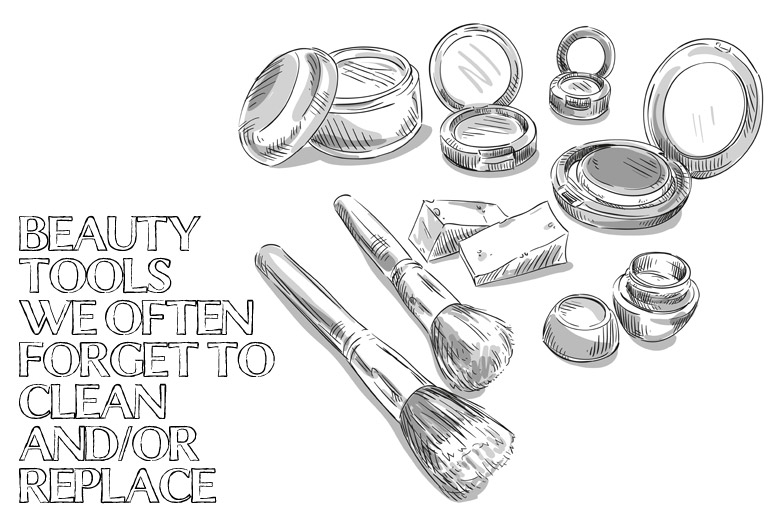A note from Tine: Welcome to another edition of Tim Talks! For those who are new to Beautyholics Anonymous, Tim Talks is a new series on the blog where my husband, Tim, will be sharing his knowledge to help raise mental health awareness. Tim is a psychiatrist who works in metro Melbourne. His area of interest is child, adolescent and youth psychiatry.
In the last Tim Talks, he wrote about certain personality disorders and how they’re depicted in films. Today, he continues with the second part with more personality disorders.

Continuing with the last write-up, I am going to provide some more illustrations of personality disorders and also link it back to some of the accurate depictions of these in films.
I keep hearing the term he/she’s a narcissist, what does that mean?
It is crucial in our personality development to have healthy narcissistic characteristics, otherwise we would not be able to feel adequate enough in our own identity as well as in venturing into relationships and other connections.
When referring to someone with a narcissistic personality disorder (NPD), I am not inferring to people who have a fondness for selfies. Some of the common features in NPD include an overinflated sense of themselves, overwhelming sense of entitlement, the need to seek admiration from others to validate their identity, and generally maintaining relationships mainly to serve one’s own needs and agenda.
Movie examples: Cate Blanchett’s role as Jasmine in Blue Jasmine portrayed these characteristics well in her ever futile attempts to rebuild her life after a divorce from a wealthy husband. She flippantly dismisses a relationship when the opportunity for a more worthy suitor arises, with little empathy and regard for the relationship that she discards.
Another strong performance is the role of Gordon Gekko played by Michael Douglas in Wall Street, where his memorable slogan is ‘Greed is Good’.
Ever wondered what is different about that cat lady?
Obviously I may be generalising here, and no offence to cat lovers, but the proverbial use of this term describes a solitary lady who is very socially withdrawn and is generally home-bound and prefers the company of furry companions than human interactions. Some of these features fit into schizoid personality disorder. There is a detached nature to their interaction, and they prefer solitude and do not crave intimacy or closeness to others. They are also indifferent in relation to other’s remarks toward them.
Movie examples: Anthony Hopkin’s role in The Remains of the Day as head butler demonstrates some features of this personality structure, especially in his detachment of emotions from love and grief.
Obsessive compulsive personality disorder, is that similar to OCD?
There is certainly some overlap between features present in OCD and obsessive compulsive personality disorder (OCPD). In OCPD, this refers more to the rigidity of one’s personality as well as tendencies toward perfectionism. Such individuals are very conscientious and get fixated on rules and boundaries and can be very stubborn in standing their ground on such principles. If there are very discrete patterns of obsessional thoughts or compulsive behaviour such as checking or hoarding, then it probably fits better within the description of OCD, which I have covered in a previous blog post on anxiety disorders.
Movie examples: Jack Nicholson’s role as the author Melvin with obsessive compulsive traits in the film As Good As It Gets, as well as Jim Parson’s character Sheldon Cooper in The Big Bang Theory quite accurately portrays the rigid personality style that is quite prevalent in people with Asperger’s or autism spectrum disorder.
Although I have presented information about these disorders as separate entities, people can present with a combination of these personality features.
It should be quite interesting to think of the friends or colleagues that are in certain professions, as there is usually a propensity for people with specific personality features to gravitate towards a certain area of interest or career pathway. For example, people with obsessive compulsive personality features are likely to be very suited for fields such as accounting, quality control and pharmacy. This doesn’t mean though, that every accountant, pharmacist and quality controller has OCPD!
I hope you have enjoyed this post, and until next time, I wish you good mental health.












